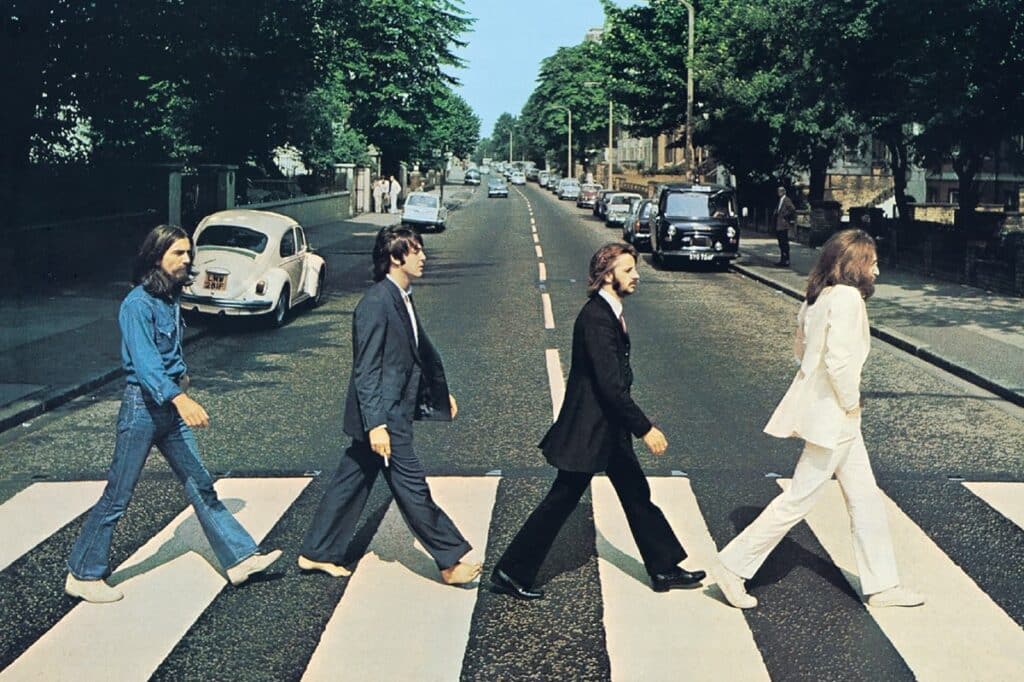
For health, it turned out to be important to walk not only a lot, but also quickly
(ORDO NEWS) — The well-known advice to walk ten thousand steps a day should be supplemented with a clarification about speed. New research has shown that it is most beneficial not just to walk, but to do it at a brisk pace.
Scientists tracked the health of people, at the same time measuring the average number of steps per day that they took, and the speed of walking.
As you might expect, walking a lot turned out to be beneficial: such people were less likely to develop chronic diseases and had a lower risk of premature death. In this case, the fast speed of movement was especially useful.
Emmanuel Stamatakis and his colleagues at the University of Sydney used public anonymized data from the UK Biobank, a project that tracks the lives and health of UK volunteers.
The authors obtained information on 78.5 thousand people of both sexes aged 40 to 79 years, linking their walking activity (measured using fitness trackers) with health status from 2013-2015. and until 2021.
To trace the impact of walking, people who were diagnosed with dementia, cancer, or cardiovascular disease in the very first years of monitoring were excluded from the sample.
In addition, the necessary statistical adjustments were made - for example, to take into account the fact that people who walk more tend to move faster in general.
Thus, scientists obtained a correlation between the number and speed of steps taken, on the one hand, and long-term changes in health, on the other.
The authors of the paper concluded that every two thousand steps a day correlated with an 8-11 percent reduction in premature death from any cause, up to almost ten thousand steps, when this effect reaches a plateau.
A similar relationship is shown for cardiovascular and oncological diseases. At about 3,800 steps a day, the risk of developing dementia is 25 percent lower, and at 9,800 steps it is 50 percent lower.
Walking speed also correlated with a drop in these risks: the faster a person moved on average, the less likely they were to die prematurely, develop dementia, and other diseases.
Moreover, the influence of speed was even more significant than the number of steps taken. “Ten thousand steps a day is the sweet spot in terms of health benefits, and brisk walking brings additional benefits,” concluded Matthew Ahmadi, one of the authors of the new work.
—
Online:
Contact us: [email protected]
Our Standards, Terms of Use: Standard Terms And Conditions.









